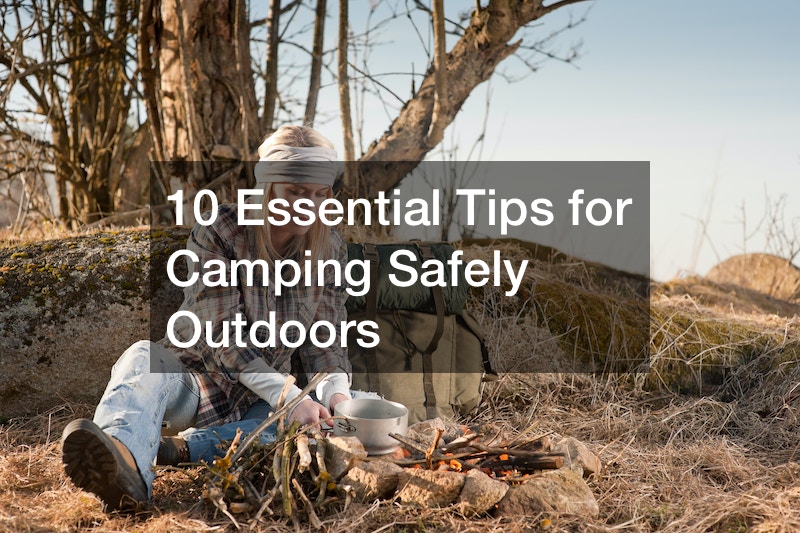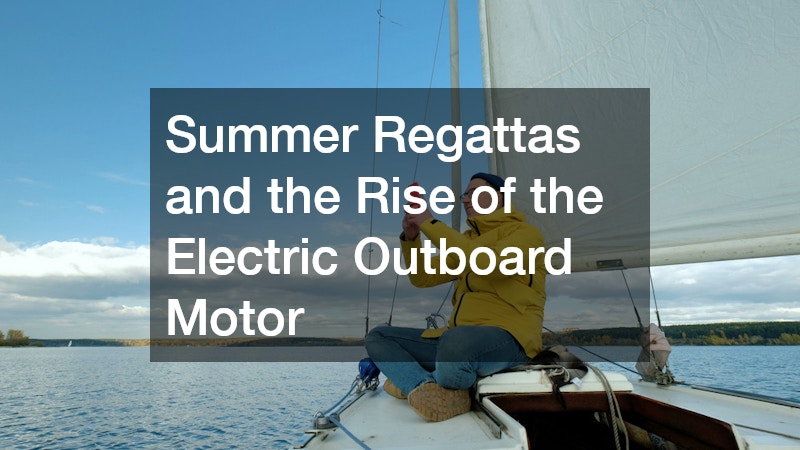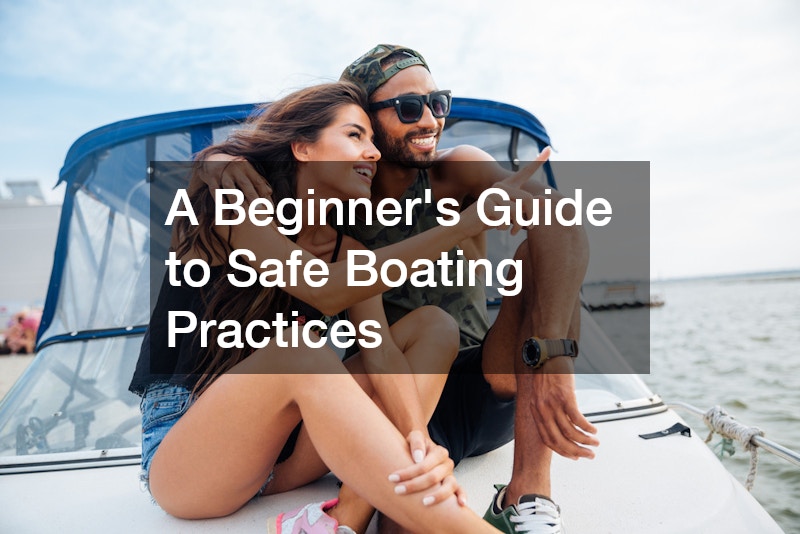
Do you love being outside? If so then you may enjoy camping. Camping is a great opportunity to enjoy the outdoors, experience wild animals, cook your food outside, and go on an adventure close to home. Whether you’re camping by yourself with a friend or family there are some essential tips for camping safely.
1. Keep Out of Hazardous Areas

Camping can be a fun adventure for anyone whether it’s your first time or you’ve done it several times. Regardless of how fun or relaxing it can be that doesn’t mean there aren’t some hazards involved. Camping safely means looking out for signs that alert you about such hazardous areas. For example, if a sign says keep out, then you should keep out! You may also be in an area where there is construction work being done. Such a work zone may include a construction waste cleanup going.
Don’t risk contamination or getting stuck somewhere by being in an area you shouldn’t. Unfortunately, there are people and companies alike that treat nature like a trash dump, so stay vigilant that you’re not in an area with hazardous waste or other things that could cause you harm. Camping safely means being careful what you expose yourself to because you still have to go home when it’s over and you don’t want to bring back a disease that can be prevented by avoiding hazardous areas.
2. Don’t Trespass
Just because you get to camp outside doesn’t mean that you’re not going to come across private property. That private property could be a business or a residential area. If you see a business sign, respect it. There are businesses that cater to campers whether it’s convenience stores, supply stores, bars, and restaurants.
Make sure that you respect the property bounds of any of these businesses and don’t use them as a place to sleep overnight or trespass when you’re not supposed to be there. Remember, trespassing is illegal. It would be tragic if your fun and carefree camping trip resulted in a night in jail because you didn’t respect someone’s commercial or residential boundaries. Plus you never know if a business owner or homeowner has a firearm or other weapon that they’re ready to use quickly.
3. Follow Local Laws
The laws are enforced in any area that you’re in. If you’ve never been to your particular camping area before, look the area up online so you become familiar with the local laws. You don’t inadvertently want to end up violating them. If you’re used to living in a place that’s very liberal your camping site may be in a more conservative area you have to adjust to.
Some places may be more or less lenient on people who break the law, especially for the first time offense or misdemeanor. However, you should be aware of what is a felony and misdemeanor in that local area and state. Be aware of what can result in a fine versus jail time. If you end up violating a law and having to go to jail you may need to contact bail bond services. Make sure people in your inner circle know that you’re camping if you’re alone. If you run into trouble or need help getting out of jail, hopefully, someone can come and bail you out.
4. Protect Yourself From the Elements

You can go camping year-round and camping safely involves steps to protect yourself from the elements. Whether you’re going camping in the middle of summer or doing a winter camping trip you should have the right clothing, protective gear, and shelter to protect you from the climate. Depending on the environment you may need a large coat, blankets, gloves, and heavy boots. If you’re going camping and hot weather, you may still need boots in case you go hiking since hiking boots can involve rough terrain. You should wear light comfortable clothing that’s airy so you don’t end up suffering from heat stroke. According to the CDC over 11,000 Americans have died from heat-related illnesses since 1979. Bring an umbrella just in case it rains unexpectedly. Rain can happen anytime if you’re in a mountainous area.
In addition to clothing protection from the elements, always bring sunscreen on all camping trips. Sunscreen can keep your skin protected while you’re outside. Excessive exposure to UV rays is one of the leading causes of skin cancer. If you’re someone with sensitive skin, a family history of skin cancer, or a redhead you definitely need extra protection from the hot elements.
One of the best ways to protect yourself from the elements is with the right accommodation. If you’re truly roughing it, you may have a foldable tent that you put up on your own. You can also look into a local shed or cabin that you can stay in. A cabin is good for people who want the experience of camping but still have the comfort of having walls and not dealing with exposure at night.
5. Don’t Drink and Drive
Camping is a fun time in which you get to cut loose and relax. So people will often have drinks and fun food like toasted marshmallows during their camping experience. If you decide to go to a local happy hour nearby, always drive responsibly. In other words, camping safely means not drinking and driving.
If you’re with a group of people, there should be a designated driver if you’re going to go to a local bar near your campsite. Otherwise, you can always bring your own booze and party around your own camping campfire without worrying about getting behind the wheel of a car. A DUI is a serious offense. If you’re caught drinking and driving, you’ll likely do some type of jail time.
Depending on the region, you may lose your license or have to show up for a court date. The worst thing about drinking and driving is the amount of danger you put other people in. You don’t only risk your life by driving under the influence. The lives of your passengers, other people driving on the road, and pedestrians are also in danger. Plus if you’re driving near a campsite, there’s vulnerable wildlife you may hit if you’re not watching where you’re at on the road. Make the right choice and never drink and drive!
6. Keep Your Clothes Dry
Being on a camping trip means constant exposure to being outside. You may go swimming in the local lake or river. You may end up dancing around in a rainstorm. Whatever happens, camping safely involves keeping your clothes dry for your overall health and sanitation. Walking around with wet clothes can make you susceptible to catching a cold or fever. In addition, when clothes don’t properly dry, mold can set in. According to Qipa, mold only takes 24 to 72 hours to set in a wet environment.
When people think of mold, they often think of food or housing. However, mold can technically grow on anything that has a wet surface that promotes its growth, and that includes your wet clothing. If you end up ruining your clothes by not properly drying them it’s time to see a local tailor when you get back home.
7. Properly Dispose of Waste

Remember, the local area isn’t your trash can. Even if you see trash lying around, you shouldn’t follow suit. Part of the reason for environmental pollution is humans not disposing of trash in the correct manner. When it comes to waste disposal, one of the main things you’ll have to worry about is your bodily waste. Outside camping means you won’t necessarily have direct access to functioning toilets unless you’re at a particular campsite. If you’re not at a campsite with toilets and showers, you should bring your own portable toilets. Camping safely includes not contaminating the area with your personal waste.
You should also be mindful of how you dispose of your food waste. There are wild animals around you that are always looking for food. Some animals may be cute, like squirrels and foxes. However, you may end up having larger animals like bears or wolves coming near your area that often attack people. Before you cook your first campsite meal, see if there are any trash disposal bins around.
8. Maintain a Comfortable Sleeping Area
Whether you’re at home or on an outdoor campsite, comfortable sleep is important to your health. Without proper sleep, you’re susceptible to anxiety or depression. Plus, you may end up walking around feeling fatigued and groggy the next day. How can you enjoy your camping trip if you don’t have enough energy because you didn’t sleep comfortably the night before? Add an air mattress or sleeping bag to your packing gear. An air mattress can easily fold up and it’s something that you pump air into when you’re ready to use it. Of course, you make me want to stick with tradition and use a sleeping bag which people often have used for camping trips. Make sure you have proper support for your head and bring a pillow as well.
Your bedding isn’t the only thing to consider when it comes to your comfortable sleeping area. Sleep in an area that feels as safe as possible. So be careful where you pitch your tent if that’s the type of shelter you’re using. Don’t place your tent too close to the river as you don’t want to accidentally be swept away if the water suddenly swells.
9. Stick to Marked Trails
While camping should be an adventure that doesn’t mean you should make things harder on yourself than necessary. There’s a reason why areas have marked trails. Someone has taken the liberty to let you know that an area is cleared and safe for humans to trespass. If you go on an unmarked trail, you could easily get lost or fall into a danger zone. What if you’re in an area that has bears but you don’t have hairspray?
Many things can happen when you go on unmarked trails that can result in an injury or fatality. At least if something happens when you’re moving around on a marked Trail you have a stronger likelihood of someone finding you and getting you help. As a result, if you end up needing to go to the emergency room you’re likely to be rescued in time in a marked area.
10. Stay Hydrated

Camping safely means staying hydrated is a must at all times. Even when you’re at home you should always aim to drink about 8 8 oz glasses of water a day according to Healthline. Clean filtered water is a must for keeping the human body functioning. Plus, if you end up exerting a lot of calories and energy on your camping trip through fishing, hiking, and other activities, you’re going to need extra water so that you don’t risk getting dehydrated.
If you go camping in the summer, you’re likely to get dehydrated faster, and having a proper water source and container on hand can prevent that. So make sure you have a good water filtration system with you on your camping trip. There are many portable water filters you could bring with you to ensure that you stay hydrated. You could bring a large Britta filter or a portable one that could fit in your backpack. Before you head to the campsite, get a map so that you’re aware of any water stations available.
Camping safely has many elements you should consider before you pack up your sleeping bag, water, and dried goods to go out into the woods. No matter how many times you’ve been camping before, remembering the tips above is a good way to keep you, other people, and the surrounding wildlife safe from harm. Regardless of what time of year you go, you should have fun camping and make it an experience to remember. For more information about how you and others can camp safely, contact our team for more information.


